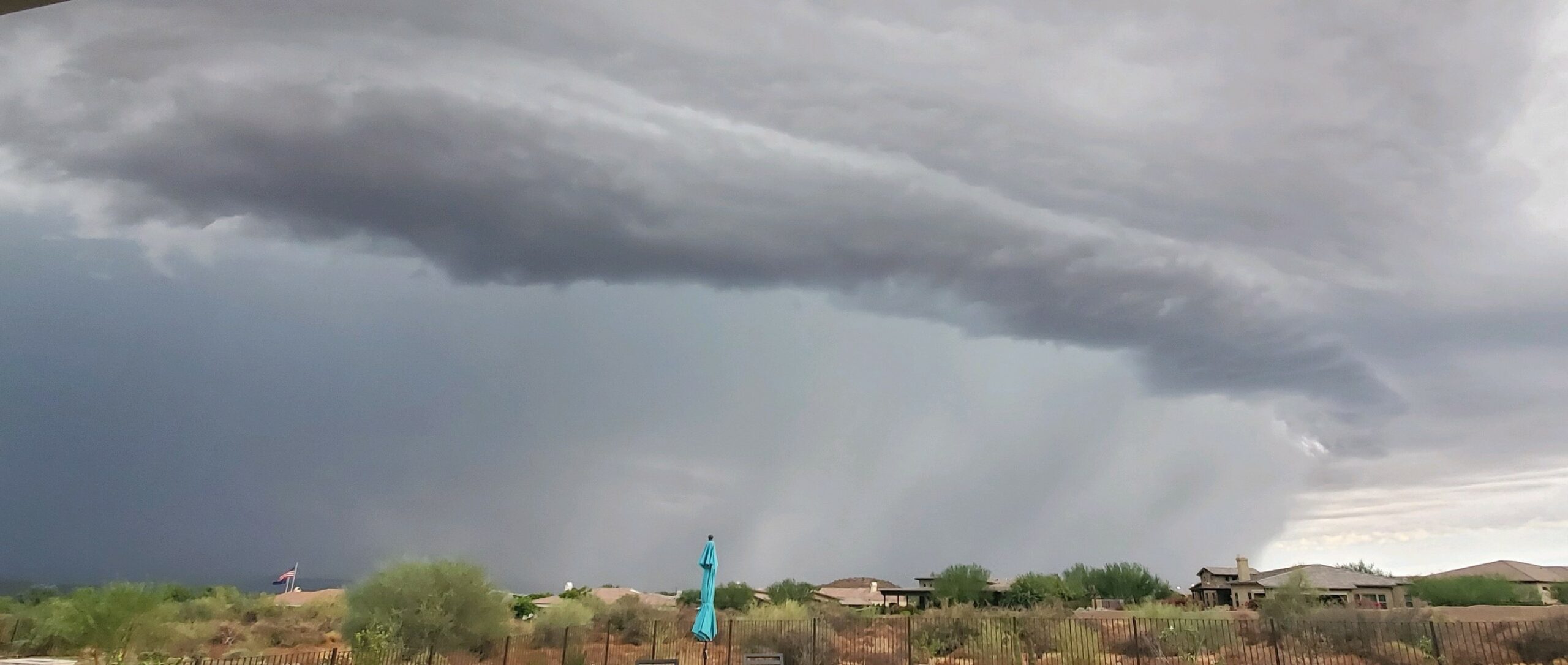
Preparing for severe weather events is crucial to ensure the safety and well-being of yourself, your loved ones, and your property. Severe weather events, such as hurricanes, tornadoes, blizzards, floods, and extreme heatwaves, can pose significant risks if proper precautions are not taken. Here’s a comprehensive guide on how to prepare for such events:
- Stay Informed: Keep track of weather forecasts through reliable sources like the National Weather Service, weather apps, or local news outlets. Sign up for weather alerts and emergency notifications in your area.
- Create an Emergency Plan: Develop a detailed plan that outlines what actions you and your family should take during different types of severe weather. Identify safe locations within your home, establish meeting points if you get separated, and ensure everyone knows how to contact each other.
- Emergency Kit: Assemble an emergency kit that includes essential supplies such as non-perishable food, water, medications, first aid supplies, flashlight, batteries, a battery-powered or hand-crank radio, personal hygiene items, and important documents (identification, insurance policies, medical records).
- Secure Your Home: Depending on the type of severe weather prevalent in your area, take measures to secure your home. This might involve reinforcing windows and doors, installing storm shutters, or adding additional insulation for extreme cold.
- Trim Trees and Clear Debris: Regularly trim trees and bushes around your property. Secure or remove items that could become projectiles during high winds. Clear gutters and drains to prevent water buildup during heavy rain.
- Flood Preparedness: If you’re in an area prone to flooding, consider elevating electrical systems, appliances, and utilities above potential flood levels. Have sandbags ready and know how to shut off gas, water, and electricity.
- Evacuation Plan: If your area is under imminent threat of a severe weather event, follow evacuation orders from local authorities. Have a pre-determined evacuation route and destination in mind, and ensure your emergency kit is easily accessible.
- Communication Plan: Establish a communication plan with family, friends, and neighbors. Share your plans with them and exchange contact information. This will help you stay connected and informed during and after the event.
- Protecting Pets: Don’t forget about your pets. Have a plan for their safety, including food, water, medication, and a carrier or leash. Some shelters may not accept pets, so research pet-friendly options in advance.
- Stay Hydrated and Cool: During heatwaves, stay hydrated and keep cool by using fans, air conditioning, or visiting air-conditioned public spaces like shopping malls or community centers.
- Review and Update: Regularly review and update your emergency plan, kit, and contact information. As your family’s needs change over time, your preparations should adapt accordingly.
- Community Resources: Familiarize yourself with local emergency resources such as shelters, medical facilities, and community centers. Know where to go for help if needed.
Remember that preparation is key to reducing the impact of severe weather events. By taking proactive steps and staying informed, you can help ensure the safety of yourself and those around you during challenging times.


